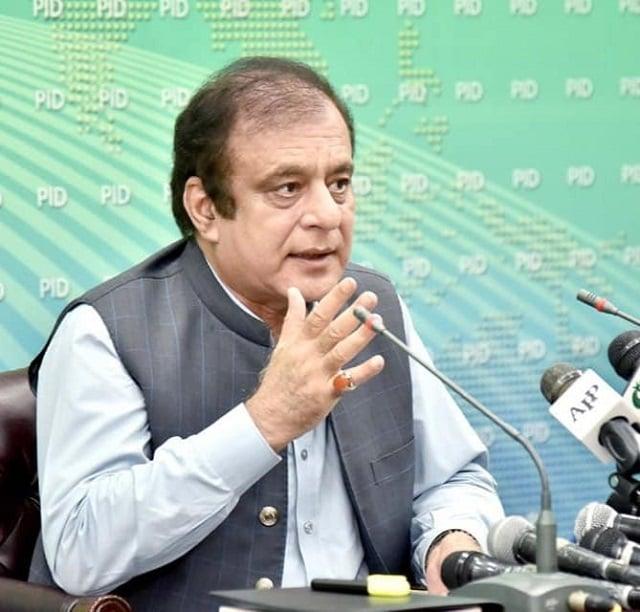Islamabad:
The budget debate in the Senate began with a dazzling criticism from opposition leader Shibli Faraz, who blasted the government’s economic policy and called the budget “controversial after birth” and a reflection of incompetence and unprofessional.
“This is the fourth budget for this installed regime, and it has broken all previous records of misconduct,” Faraz said, accused the government of producing data and manipulating numbers.
“The figures in this budget seem compromised … It’s a statistical deception. In the past, budget figures were never questioned, but this time is in doubt,” he added.
Faraz continued to say that the current budget had “crushed the foundations” of Pakistan’s already fragile economy.
With reference to the controversial election 8 February, he claimed that just as the government had manipulated numbers, it played the same game with the budget.
He complained that the farmers in Punjab were forced to dump wheat on the roads and called it a failure in the state to protect agriculture.
“They have destroyed the agricultural sector and strangled the industry. How can growth happen when even credit letter (LCS) is not opened?” he said. “There is no coherent policy for industrial development, only discouragement.”
“This is an IMF dictated, anti-people budget. We’ve heard the ‘South Asian Tiger’ fantasy before. It’s time to stop selling old fables,” Faraz said, lambing the planning minister for “insulting connected PTI with India”. “PTI is not an anti-state party,” he said.
“How can a country move forward when people can’t even access the Internet?” He condemned the government as a product of “form-47 legitimacy” and said that real representatives would never have presented such a budget.
Shibli Faraz said 61 million people fell below the poverty line after 2022 and that unemployment had increased by 14 million. He noticed the lack of direct foreign investment and even noticed that “the Afghan currency is now stronger than the Pakistani rupie”.
He slammed the introduction of taxes on stationery and questioned the government’s understanding of public priorities with reference to the number of children outside the school and worsened public services.
Meanwhile, Finance Minister Muhammad Aurangzeb informed the Senate Finance Committee for the budget and pushed back against the opposition’s accusations.
He revealed that India’s director at the IMF Board had tried to delay Pakistan’s recent financing approval, but “despite Indian objections, $ 700 million was approved”.
Aurangzeb claimed that Pakistan had met benchmarks on the World Bank and that IFC had approved further funding. “We expect political rates to enter single digits in this financial year,” he added, saying that fiscal and structural reforms, especially in SOEs and energy, showed results.
He acknowledged that privatization goals had not been met this year, but expressed optimism for the next fiscal policy. “We have tried to reduce the burden of that grade and reduce transaction fees in the construction sector,” Aurangzeb said.
“On agricultural tax, the IMF has accepted our position under the Prime Minister’s Directive.”



